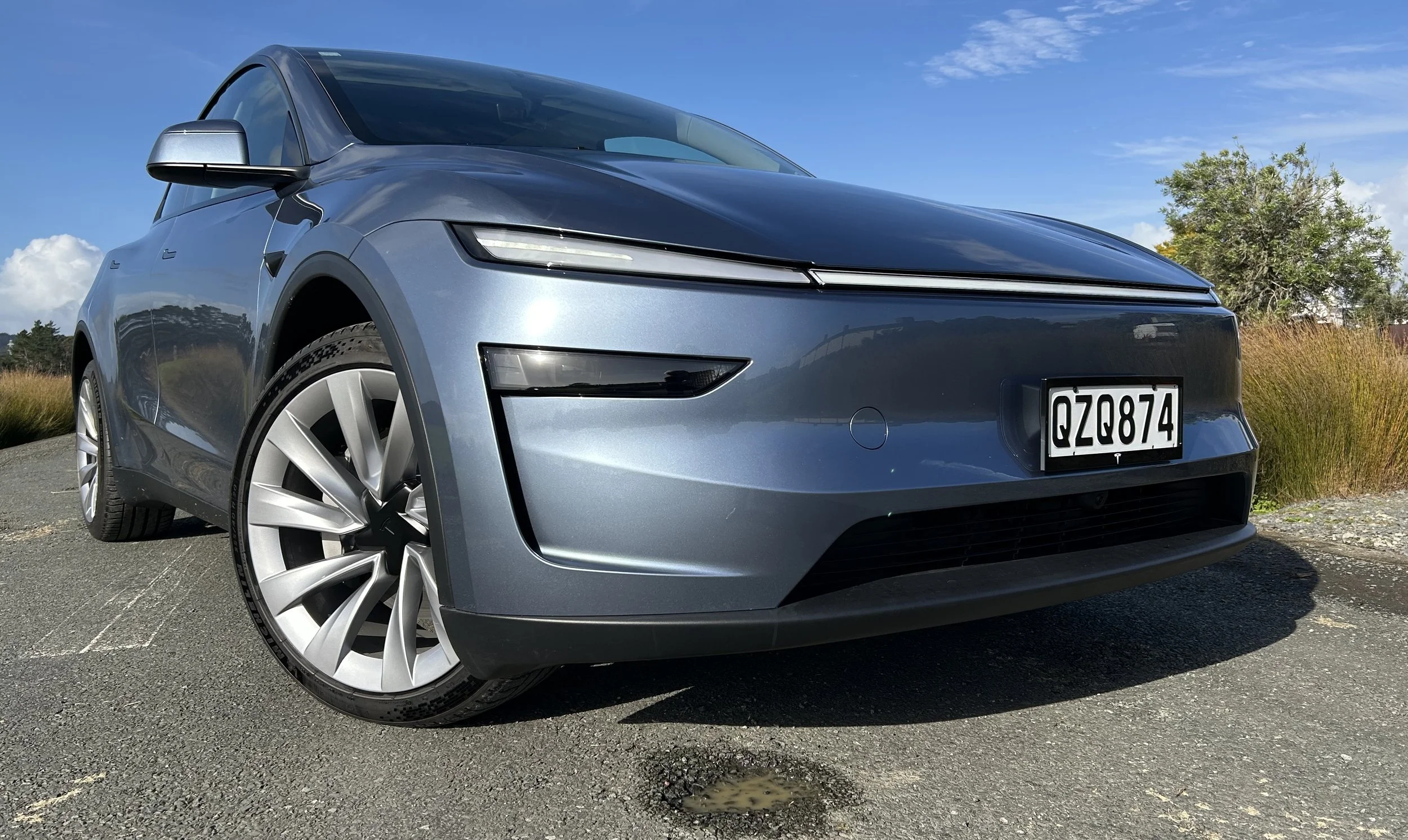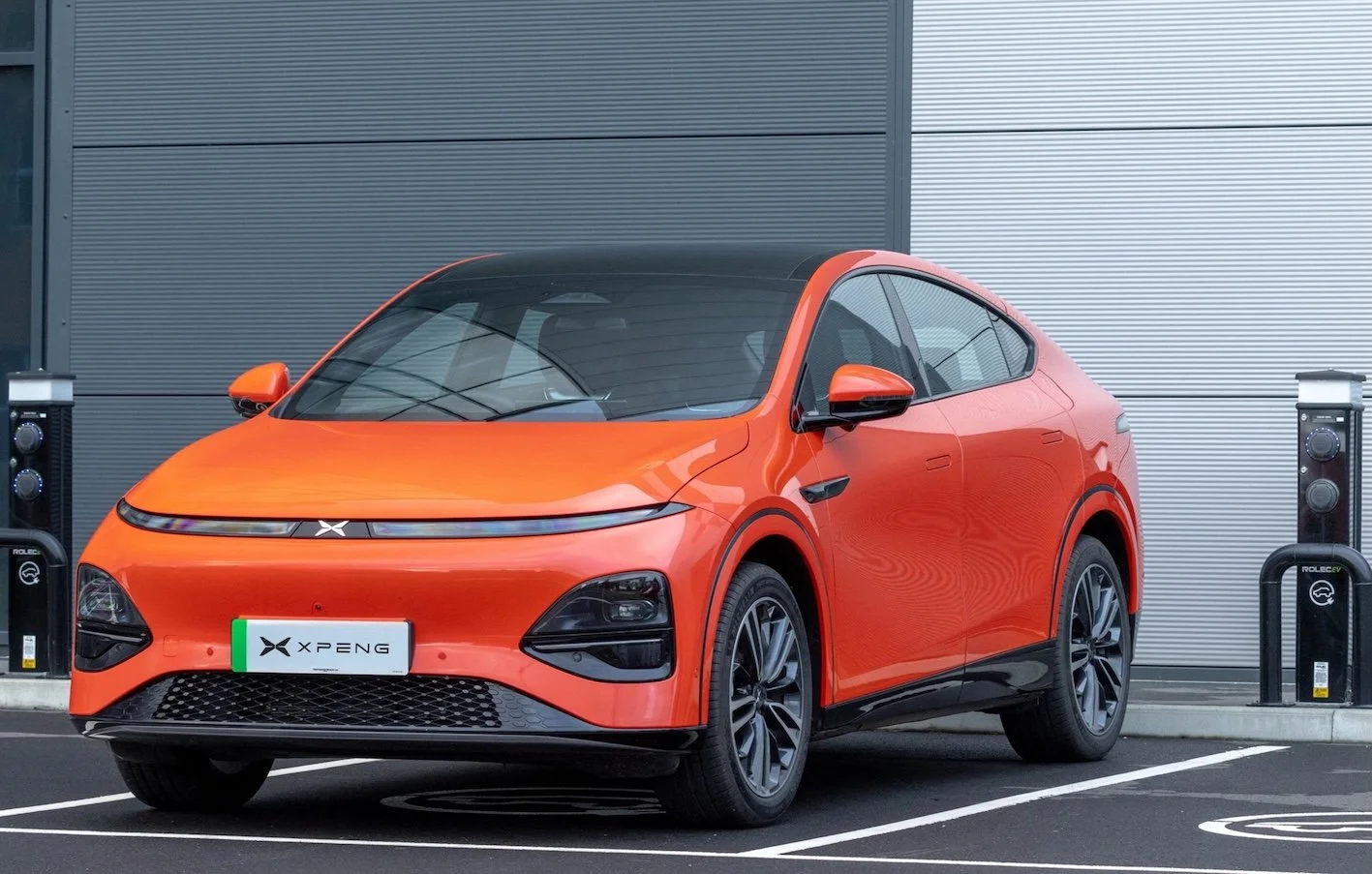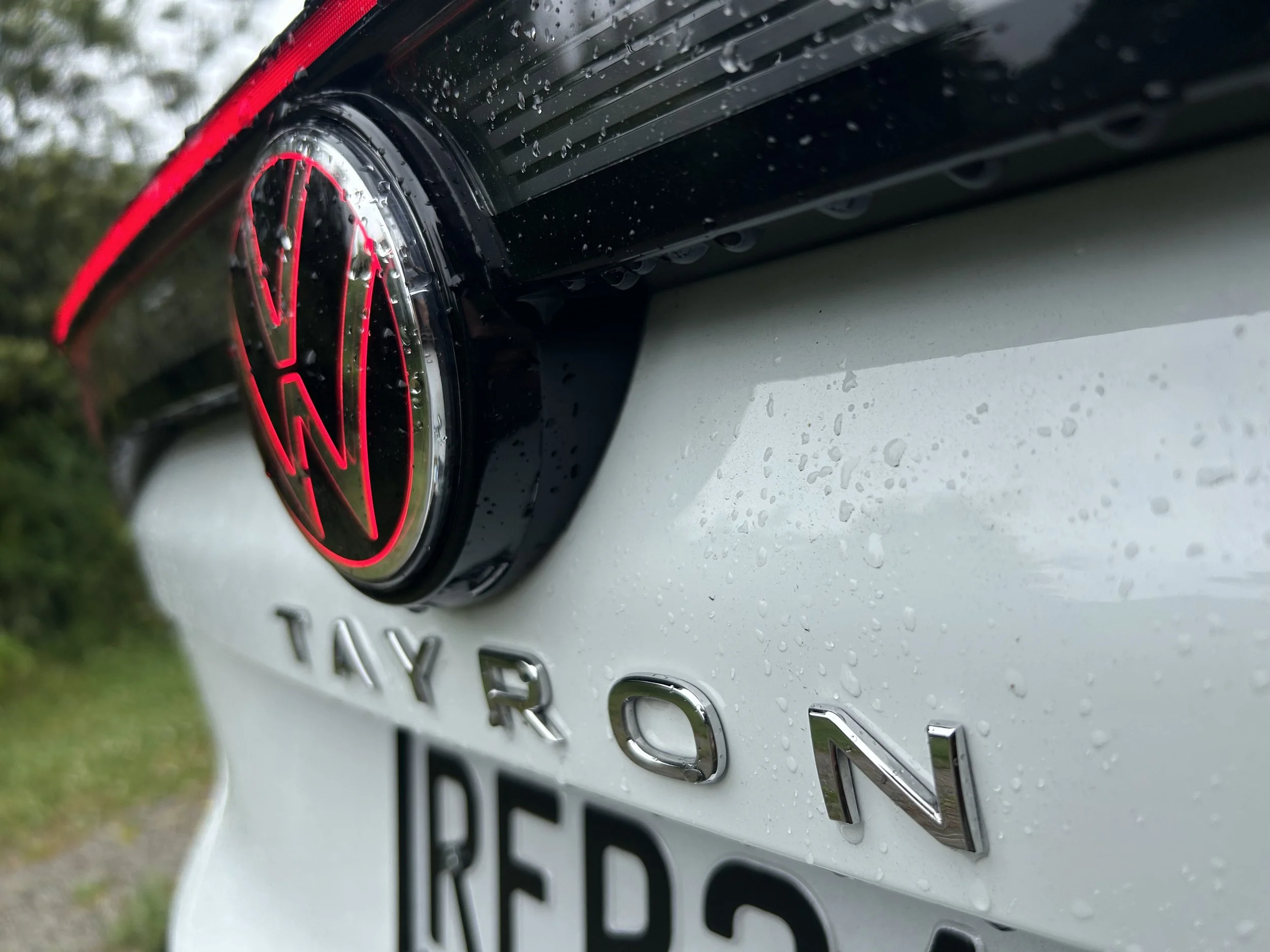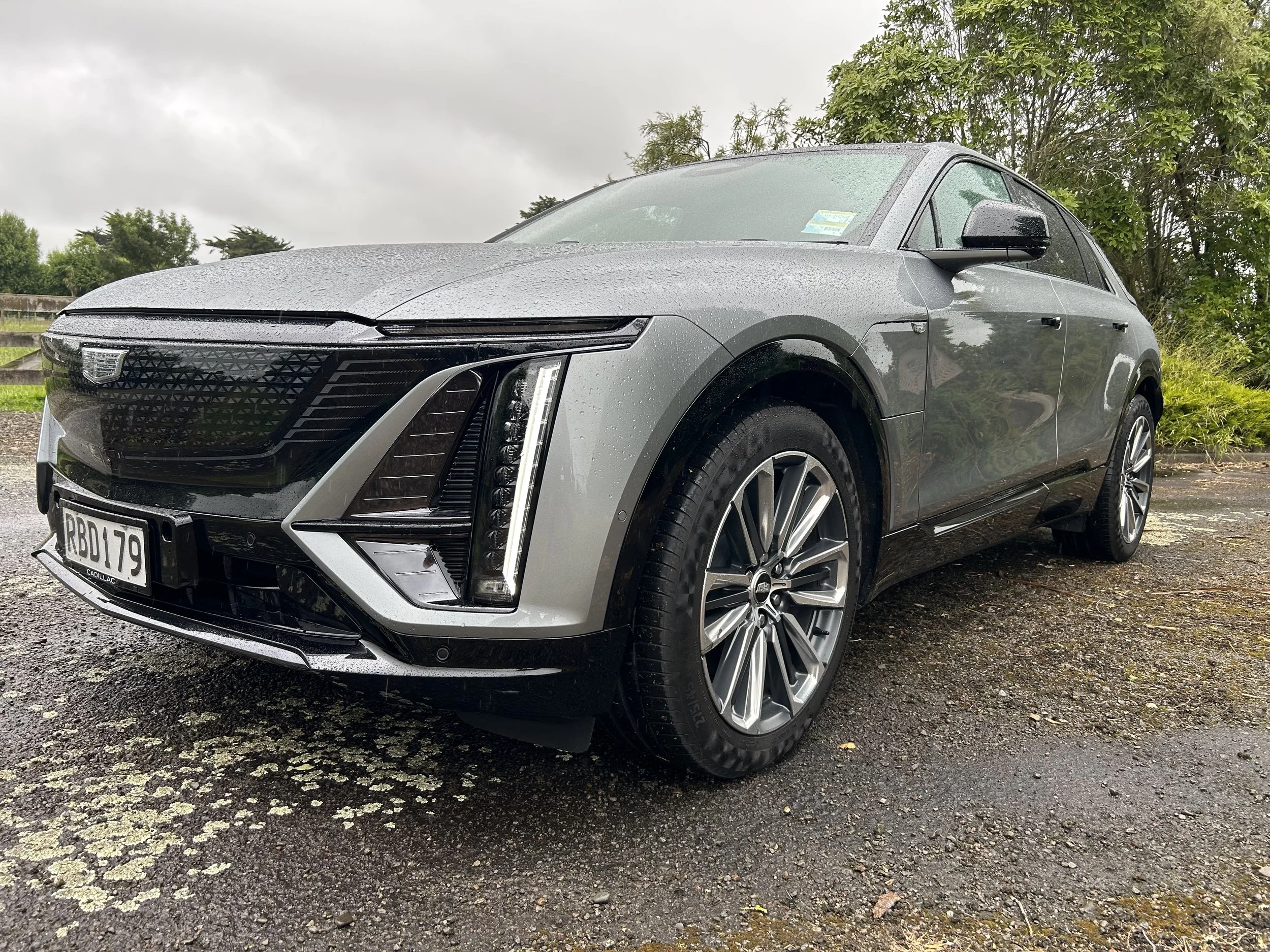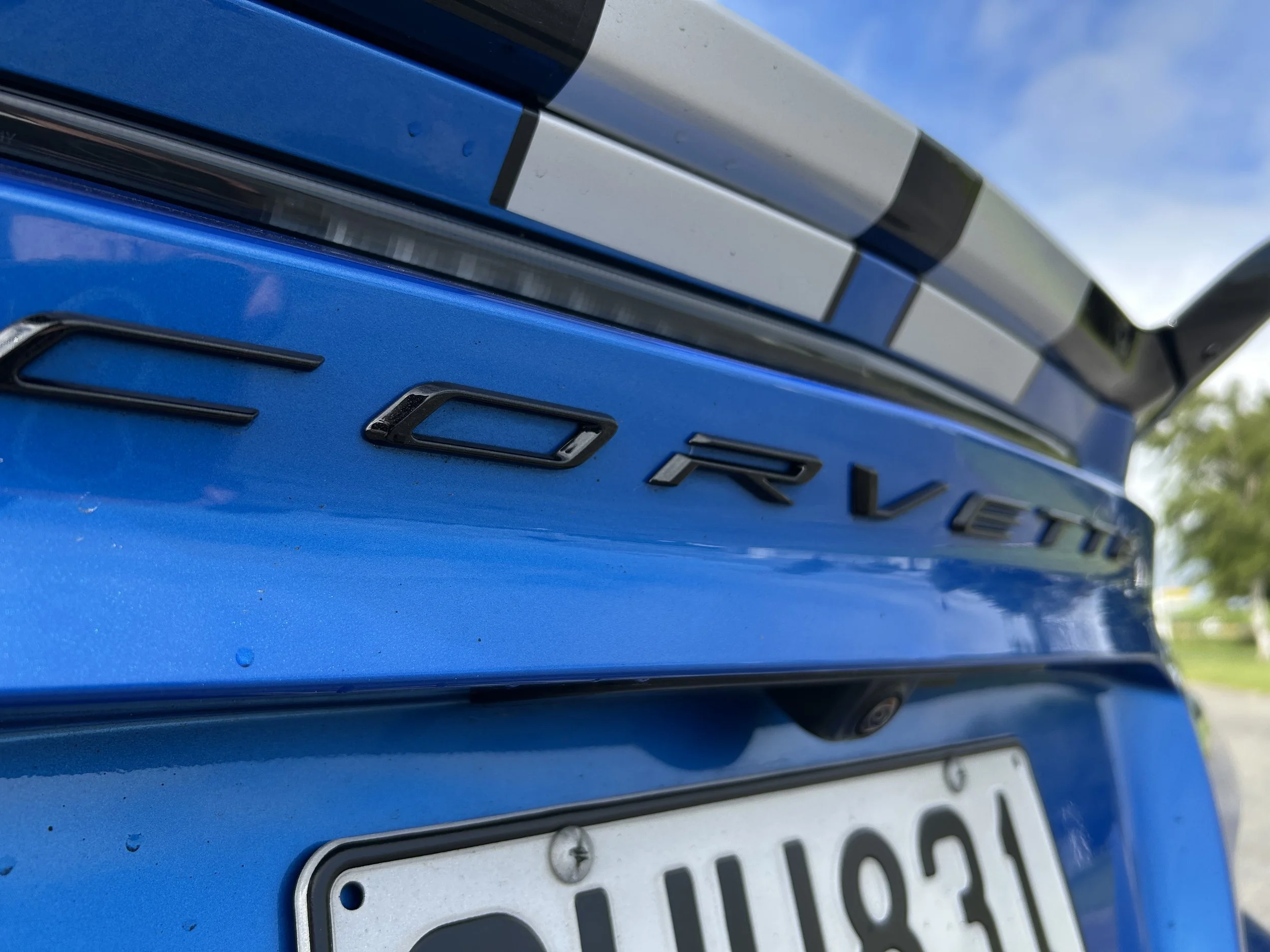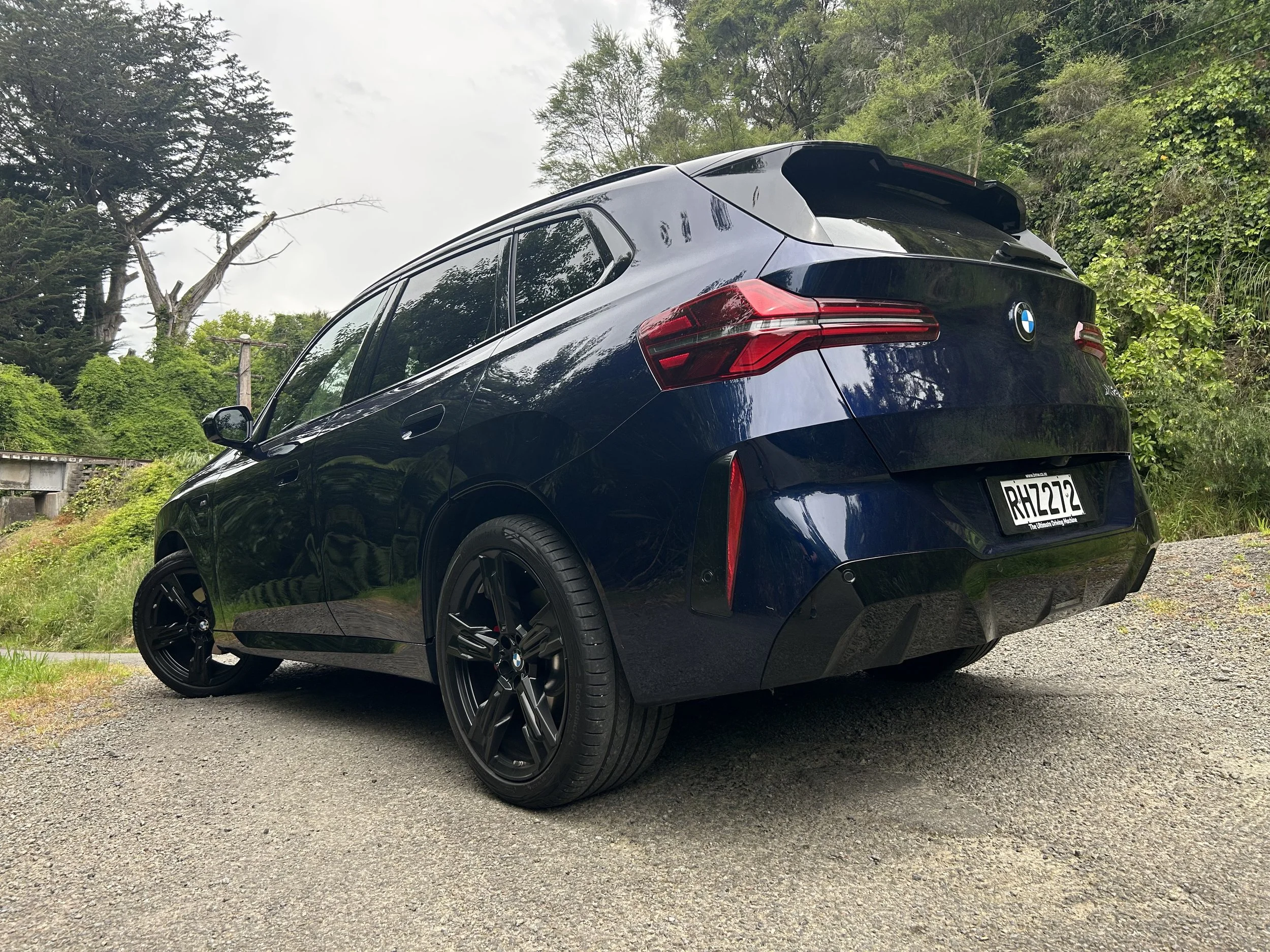Investment policy credited for registrations climb
/Motor Industry Association reckons new assets rule has a positive effect on vehicle buying.
LAST month’s lift in new passenger and light commercial registrations is being accredited to an initiative announced recently by the Government.
The Motor Industry Association, which represents most but not all new vehicle distributors, today suggested the “Investment Boost’ announced as part of the 2025 Budget , which came out in May, has been a key factor behind a resurgence in new vehicle interest last month.
It cites that 11,862 new vehicles were registered during the month; the second-best month of 2025 so far and also a 26 percent on the 9406 tally it noted for June, 2024, when new car sales were plummeting.
Last year’s malaise was also due, at least in part, to Government policies (dropping incentives for electrics and applying Road User Charges to most cars with that technology).
It also note that the June count represents an increase on May, when 10,251 new vehicles were registered. The MIA notes those activities as being sales, though that might not necessarily be the case.
Government’s Investment Boost policy announced that as from Budget day, May 22, businesses can claim 20 percent of the cost of new assets as an expense, then claim depreciation as usual on the remaining 80 percent.
The legislation came as the industry worried about the effect of proposed changes to fringe benefit tax (FBT), particularly when it comes to purchase of double cab utes, which have been huge sellers, to point that the Ford Ranger has been the country’s top selling vehicle.
While work vehicles are only exempt from FBT on days when they are used for essential work purposes, there is strong sentiment the provision has always been exploited.
MIA chief executive Aimee Wiley says the link between the June increase and the latest policy cannot be discounted as a factor.
“The June quarter ANZ Business Investment Survey showed central Government policy as a key driver for firms planning to invest, and this likely refers to the Investment Boost.
“And a MYOB survey of more than 500 small and medium sized businesses in May put passenger
vehicles including cars, vans and utes at the top of the list of new assets to purchase. Further analysis of the June numbers shows the lift has come from rental, business and private buyers alike.”
Breaking down the categories, cars and SUVs accounted for 8245 registrations. In May those types accounted for 6817 vehicles. In June of 2024 those products achieved just 6059 registrations.
Toyota’s RAV4, a fleet (mainly rental) darling now likely on runout with a new version incoming soon, continued its lead in the new passenger car market with 781 registrations, ahead of the Mitsubishi ASX with 482 and the Kia Seltos with 444.
Tesla was the top rating electric vehicle brand, and fourth overall, with 407 cars plated. The updated Model Y (pictured) arrived early last month and the brand acknowledged most cars in that shipment were pre-allocated.
But June saw the best performance by fully electric cars since the Clean Car Discount was curtailed by the Government in December of 2023, with 1073 registered. Plug-in hybrids and hybrids also did well with 912 and 3152 registrations respectively.
Light commercial vehicles performed strongly with 3204 registrations, a lift on May (3016) and June last year (2753). The Ranger dominated with 948 registrations, with the Toyota Hilux second with 853. Third went to the BYD Shark 6, benefitting from a major brand promotion to achieve 413 registrations.


